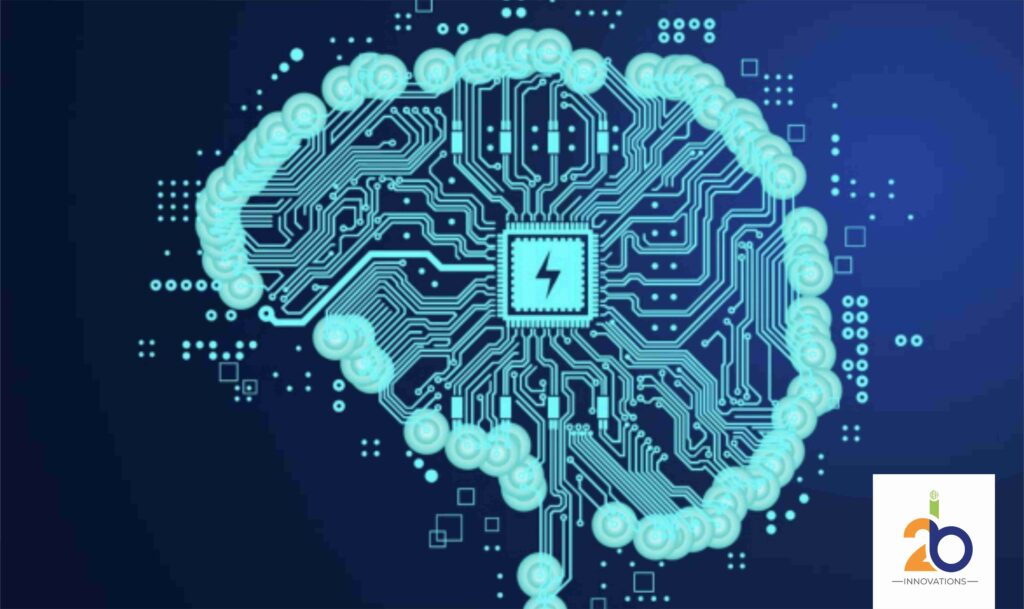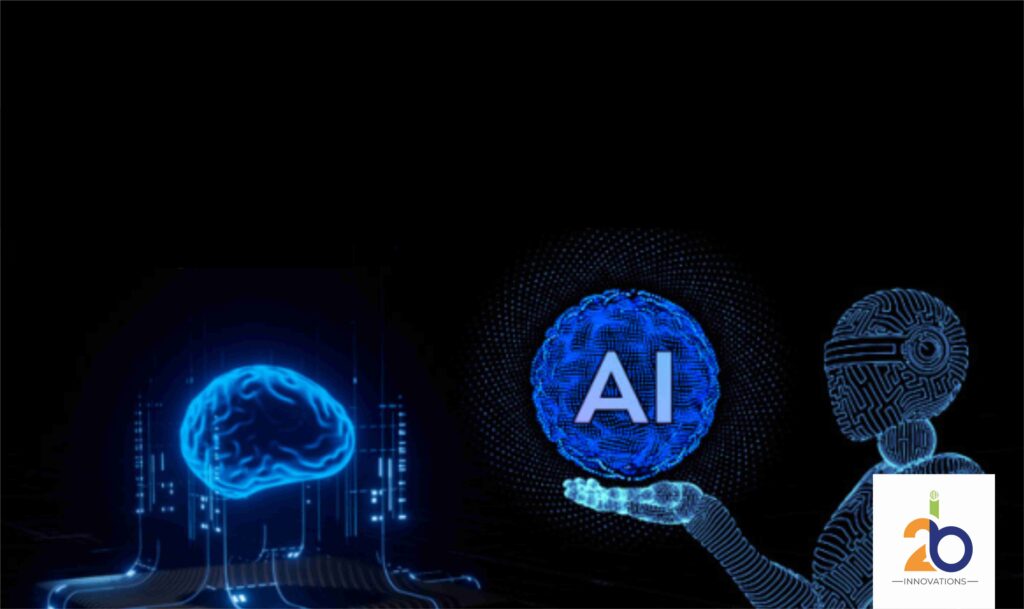
The Rising Demand for Cyber Security Experts
In today’s scenario, there is a high demand in cybersecurity space. This is so because hundreds of positions are now available for experienced and skilled professionals, however the demand is still tremendously far from the supply. And that makes it very difficult to fight against new threat in the cyber space every other time. As cyber threats are emerging more frequently and evolve themselves in complex forms, industries and organisations face challenges in bridging this gap. We can resolve this by using force multipliers like automation and artificial intelligence so that they can work smarter and more efficiently than we are already doing. This will lead us to develop and work on more advanced
technologies to protect digital structures and ecosystems
Making use of AI for Enhanced Cyber Security
Artificial intelligence (AI) is booming and transforming the cybersecurity space by giving us advanced tools to investigate, identify, report and research cyber threats. Here are some ways that AI is having a big influence:
1. Investigate: Making use of Knowledge Graphs

The detailed investigation of possible problems is one the main uses of AI in the cybersecurity. AI systems describe knowledge about the real or logical world as the data structure uses knowledge graphs to represent information. This allows AI to connect and work on various data points and data sources to identify patterns. And by this AI makes it easier to track the beginning and the spread of cyber threats.
For example, considering a scenario that a domain resolves to an IP address linked to malicious software. An AI system can map the relationships between the malware, IP address, domain, and URL using a knowledge graph. By tracking the path from an unsuspecting user to the malware, the AI can identify how the infection initiated. It also locates and identifies more users who might be impacted on the same path. This extensive understanding of the thread landscape enables more effective restraints and mitigation strategies in place.
2. Identify: Detecting Anomalies in Log Records

Another area of AI application that can be considered as a key is the identification of anomalies within records in the log. Systems produce a large log record and data, containing information regarding users actions, system interactions and security incidents taking place. It is nearly impossible for anyone to manually try and analyse the various data patterns in terms of security breaches. This also involves a very high possible risk for human error. But AI and machine learning (ML) can automate these processes, and sort the outliers which indicates malicious activities.
For example, an AI systems can track massive log records in order to find out that such users. For example, creating and deleting accounts frequently and copying large amount of data. Although the performance of these activities may not be considered as a serious issue individually, but AI can identify the sum of these deeds at a faster time pace as related to the insider threat. AI cybersecurity can identify and report such irregularities on time by using time delay techniques and highly developed pattern analysing techniques.
3. Report: Regulatory Requirements and Compliance

Compliance with regulatory requirements is an important and vital element of cybersecurity. A common requirement for organisations is to perform periodic assessments and reporting of their security situation, which would aim to ensure compliance with best practices and regulatory guidelines. In this, AI determines the effectiveness of reporting by independently collecting huge data logs, processing data analysis and providing a timely compliance report.
AI systems can handle large log records and complement the data gathered with enhanced findings derived from analysis. Reporting data assures comprehensive visualisation of the overall security state of the organisation offering clues of their strengths and their weaknesses in the sphere of cybersecurity compliance. Through automated compliance reporting, AI works to decrease the amount of time that security teams have to spend generating reports and reinventing the wheel.
4. Research: Leveraging Natural Language Processing (NLP)

AI-driven natural language processing (NLP) systems are becoming absolutely necessary tools in cybersecurity research. These systems can analyse massive amounts of text data, extracting relevant information and providing insights that help in threat analysis and mitigation.
For example, an AI-powered chatbot can serve as a virtual assistant, helping cybersecurity professionals answer questions and gather information about specific threats. Imagining a scenario where a security analyst has to find more information about the newly discovered threat, specifically malware. The analyst can simply ask the AI chatbot and they will be presented with the wealth of information such a threat intelligence reports produced by AI, possible previous attacks and their remedial measures. This availability of such data at an instance is useful in hastening the research process and making the organisation more prepared to new threats.
The Future of AI in Cyber Security
It may sound like hype, that AI must be integrated into cybersecurity, but it is in-fact a requirement. As technology continues to grow further, AI will eventually play a major significant role in developing more advanced security strategies in future. Such transitions have already been applied successfully. For example, at IBM organisation uses AI in 100% of its security software products to enhance their activity.
The ability to handle big data and analysing with the help of AI makes it an effective weapon to stand against cyber threats. Thus, with continuous learning and exposure to new attack patterns, AI systems offer optimal security against cyber criminal’s attempts. The concept that defines the future of cybersecurity is reaching the apex of the evolution of artificial intelligence capable of developing intelligent security systems, adaptiveness, and flexibility.
Open Jobs in Cyber Security: Opportunities and Growth
The evolving complexity and frequency of cyber attacks have led to a high demand for cybersecurity professionals. Organisations and institutions across various sectors are seeking skilled individuals to fill roles such as security analysts, penetration testers, incident responders, and threat intelligence specialists. According to industry reports, the global cybersecurity workforce gap is expected to reach millions by end of 2025, highlighting the urgent need for cybersecurity professionals.
For those looking to enter the field, numerous opportunities are available. Cybersecurity roles often require a combination of technical skills, such as knowledge of network security, cryptography, and incident response, as well as soft skills like problem-solving, critical thinking, and communication. Many organisations also value certifications such as Certified Information Systems Security Professional (CISSP), Certified Ethical Hacker (CEH), and CompTIA Security+.
To meet the growing high demand, educational institutions and online platforms are offering specialised training programs and courses in cybersecurity. These programs provide hands-on experience and up-to-date knowledge, preparing the next generation of cybersecurity professionals to tackle the evolving threat landscape.
Conclusion: Embracing AI for a Safer Digital World

Incorporating AI into cybersecurity practices is essential for addressing the growing complexity of cyber threats. This is so because the tools of AI that are used in investigation, identification, reporting, and in research of various working can help organisations to enhance their security immensely and to defend their valuable digital assets sufficiently. Thus, the future of cybersecurity lies in the seamless integration of AI technologies, enabling proactive and adaptive defence strategies.
As we continue to rely on digital solutions for business operations, communication, and personal use, the importance of robust cybersecurity cannot be overstated. AI offers a powerful toolset to address these challenges, providing the intelligence and efficiency needed to stay ahead of cybercriminals. By embracing AI, organisation adopting AI can build a better protection for such information in the digital space in order to promote the trust in the virtual world. Reach out to our experts to understand how to kickstart your cybersecurity journey and safeguard your digital assets effectively.


